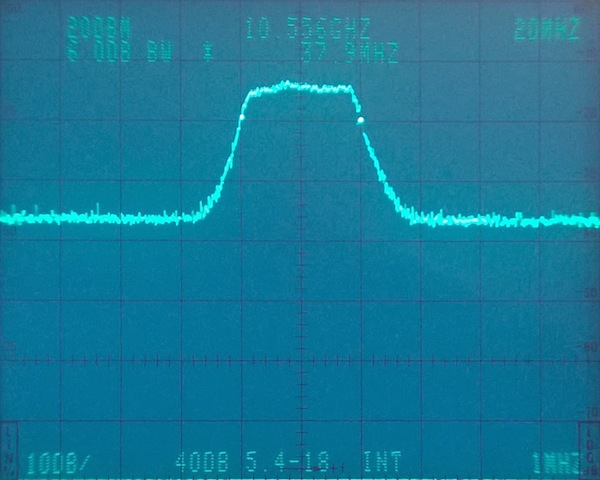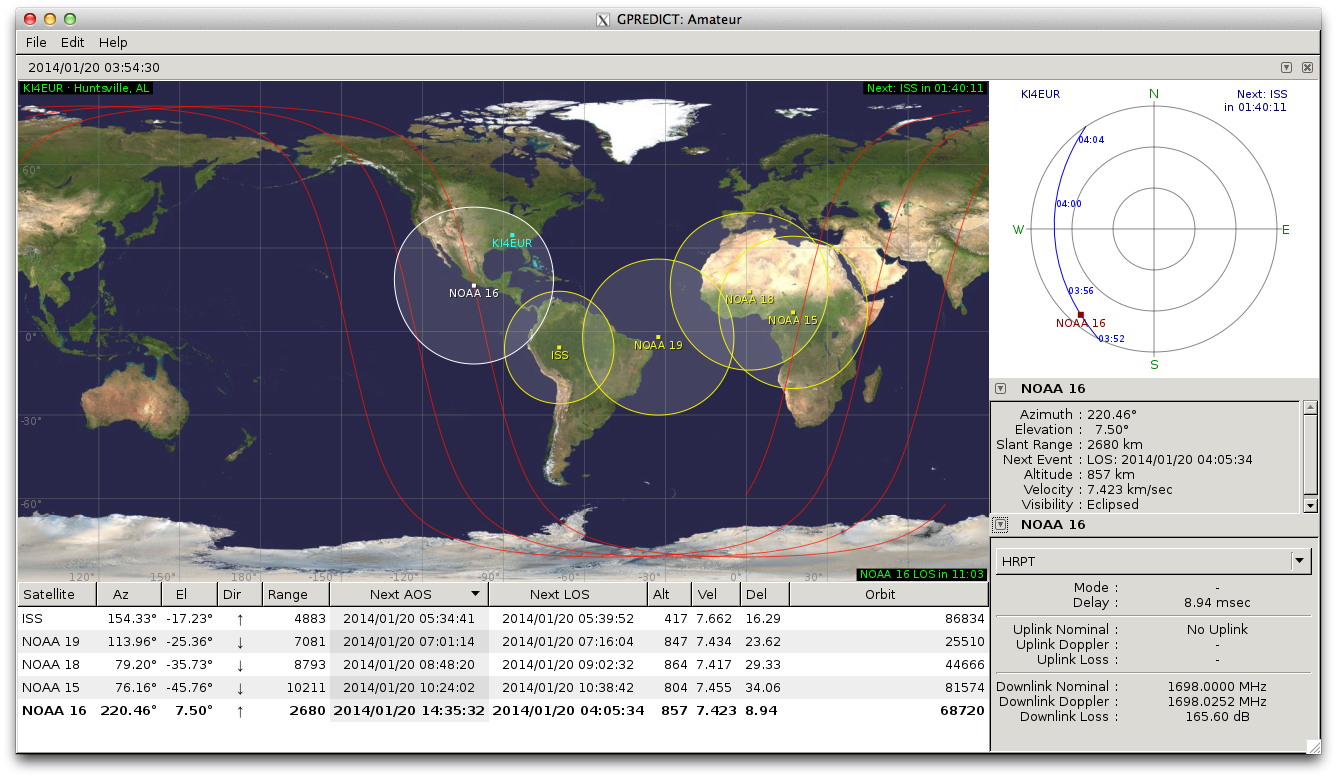On 4 Oct 1957, the space race began — Russia successfully placed the first artificial satellite, Спутник-1 (Sputnik-1), into orbit around Earth. Sputnik was placed directly into orbit by a single stage rocket. It's payload was a simple radio transmitter that alternated between two frequencies. There were no sensors, or cameras, or solar panels. Some of the smartest people in the world were working on the rocket and satellite designs, at a time when the first commercially-made transistor was only 3 years old. Integrated circuits, ICs or 'computer chips' hadn't even been invented yet!
Since that time, we've been to the moon, developed and retired the space shuttle, and constructed our own living satellite, the International Space Station. The satellites that were deployed today, 55 years to the day later, were largely designed and built by college students. They contain lithium batteries, solar panels, dozens of tiny radio transmitters, infrared cameras, GPS receivers, and each one contains 5 or 6 computers controlling various subsystems. These technologies are pretty much all directly a result of that space race.
Four of the five CubeSats launched today contain amateur radio payloads.
F-1 is a Vietnamese satellite testing an advanced magnetometer.
- 145.980 MHz, 1W, 1200 bps AFSK telemetry
- 437.485 MHz, 200 mW, daylight-only, FM Morse code telemetry
- Call: XV1VN
- Site: http://fspace.edu.vn/?page_id=27
FITSAT-1 is Japanese and is testing a 5.8 GHz transmitter as well as a unique visible-light LED transmitter.
- 437.250 MHz, CW Morse code beacon
- 437.445 MHz, 1200 bps AX.25 telemetry
- 5.840 GHz, 115.2 bps FSK JPEG imagery
- 200 W LED visible-light modulated Morse code
- Call: JA6AVG
- Site: http://www.fit.ac.jp/~tanaka/fitsat.shtml
WeWish is also Japanese and contains an infrared camera with SSTV downlink!
- 437.505 MHz, alternating SSTV, 1200 bps AX.25 telemetry, and CW Morse code beacon
- Call: JQ1ZII
- Site: https://sites.google.com/site/jq1ziijq1zij/
And finally there is TechEdSat, from San Jose State University, trying out plug-and-play avionics and also communicating over the commercial satcom networks.
- 437.465 MHz, 1W, 1200 bps AX.25 telemetry
- Call: KJ6TVO
- Site: http://www.techedsat.com/



